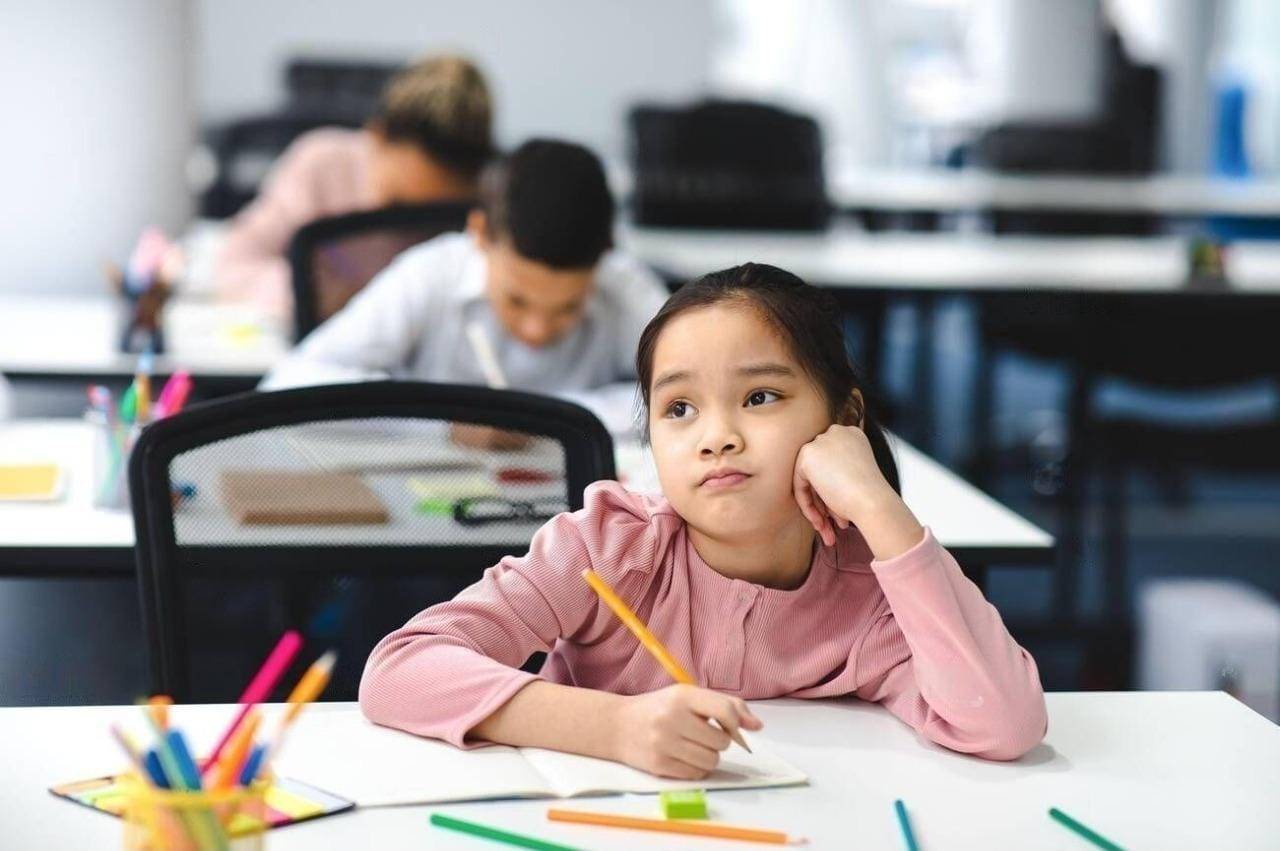Why is it crucial to keep track of a child’s psychological growth?
November 8, 2023

“Commitment to early childhood development can be the catalyst to enable children to thrive, and thereby transform health and human potential” – World Health Organisation: Survive, Thrive, Transform
Valuing the child’s mind and its evolution can lead to favourable development for one’s overall childhood. Knowing children’s psychology will help your kids achieve a more encouraging tomorrow.
Human development is complicated and all parts are interrelated. Yet, in most writings, early human development has been artificially divided into developmental domains like social, emotional, linguistic, cognitive, and physical. As a child’s development occurs on a continuum, the most effective and extended way to assess children is through “observation”. Research has consistently shown that good early childhood blossoming will have a direct favourable impact on a child’s long-term health outcomes and will enhance future possibilities, school accomplishment, and even earning potential.
Childhood development is space for a greater opportunity as well as greater vulnerability as well. Factors like inadequate nutrition, environmental toxins, unstable caregiving, limited stimulation, and stress can all negatively impact a child’s development.
The global child health sector recognizes the importance of early child development and has shifted its focus to highlight that “it is no longer enough for a child to simply survive, children have the right to thrive.”
Children grow and develop best when parents give a child affection, attention, and stimulation. The first years of life are so important for a child’s development. Early experiences make a distinction in how young children’s brains grow and can influence lifelong learning and health.
Thus, how parents and children professionals can help in enhancing their child’s psychological development involves:
Develop A Healthy Understanding Of Differences
Every child will be different in various aspects, parents and caregivers should accept the children as the way they are. Children are unique in their creative, cognitive as well as modes of perceiving things.
· Establish a Learning Environment in the Classroom – Take an example where an elephant and ant should take the same exam of lifting a weight of 100 kg.! Thus, creating modules and learning/hands-on learning for children is important according to their aesthetics.
· Provide Guidance to Children – Guidance is the kind of assistance to children to solve problems they encounter. Rather than “flight” mode, children should be equipped with “fight” mode.
· Responsive Caregiving – Observation and response to a child’s physical, psychological and emotional needs are important for a child’s health, learning, and social relationships.
· Evaluate Learning Outcomes- Through timely evaluation in various aspects, per se, may be behavioural indicators, would help both parents as well as children to save a peaceful environment in their homes.
Thus, Parents and caregivers play the most significant role in social/emotional development because they deliver the most compatible connections for their children.